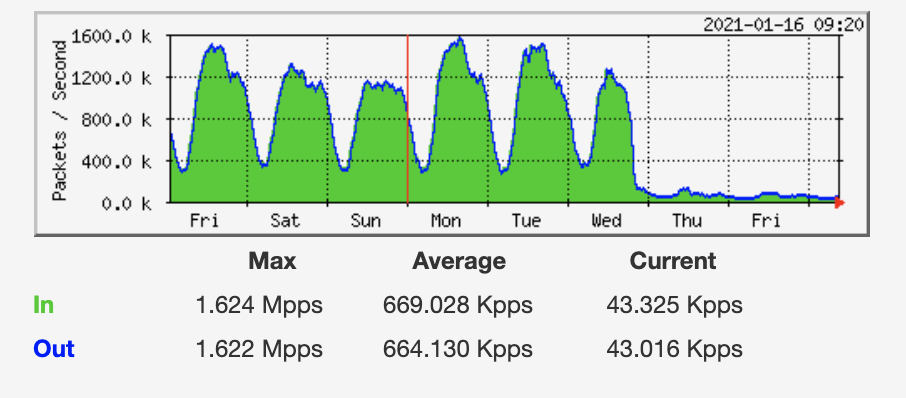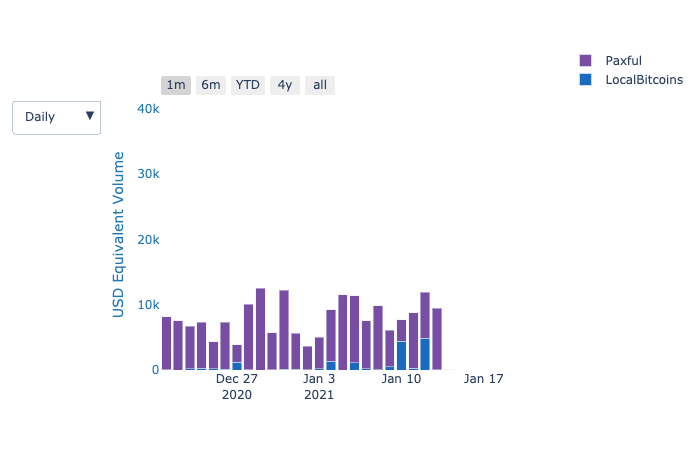
In the runup to Thursday’s elections, Ugandan President Yoweri Museveni, who has been in power since a 1986 coup, was seemingly pulling out all the stops to win a sixth term.
Police had arrested and harassed his main opponent, pop star-turned-politician Bobi Wine; they had used COVID protocols as a pretext to shut down opposition events; and then government agencies turned off access to social media apps such as Facebook, Twitter, and WhatsApp.
But as Ugandans got around the social media restrictions by way of virtual private networks (VPNs), on January 13, the Uganda Communications Commission pulled the plug on the entire internet indefinitely, mandating that internet service providers suspend the operation of international gateways.
Expat Kyle Spencer, the head of the Uganda Internet Exchange Point, a non-profit aimed at improving the country's internet connectivity, wrote that Uganda was “cut off from the world.” Domestic internet traffic dropped by 95% in one day. “Only a few networks still have a pulse,” he wrote. “Most have flat-lined.”
Said one anonymous source on January 12, when only social media sites had been targeted: “In Uganda, the shutdown is simply to avoid the flow of information from the public at a time when we need full transparency and open reporting.”

Uganda Internet Exchange Point packets for the week. Image: UIXP
As a side effect, according to analytics site UsefulTulips, there’s been no reported Bitcoin trading activity on peer-to-peer exchanges LocalBitcoins or Paxful within Uganda since January 14. A visit by Decrypt to Paxful’s Uganda shilling (UGX) site found sell offers from Ghanaians, Nigerians, and Kenyans—but no Ugandans. UGX traders on LocalBitcoins hailed from neighboring countries Rwanda, Tanzania, and the Democratic Republic of Congo.
To be sure, the Ugandan market is small—the P2P markets register somewhere between $5,000 and $15,000 in trading per day. “It’s so small, in fact, that Binance closed their local site, citing low trade volumes,” pointed out the anonymous source. That was in November 2020.

Combined volume for LocalBitcoins and Paxful for UGX market. Image: UsefulTulips
But the lack of activity is worrisome nonetheless—Bitcoin has some soft spots in countries with authoritarian-leaning governments and monopolies.
MTN Uganda, a telecoms company beholden to the blackout, controls 60% of the country’s mobile phone market. It plays a fundamental role in providing access to the internet—via smartphones and USB devices. And it runs Mobile Money, a mobile-based payment system that many use to send remittances, pay school fees, and—yes—buy censorship-resistant Bitcoin.
Ugandans, however, are used to being cut off—and adept at creating workarounds. In 2018, the government began taxing visits to social media apps on mobile phones as a way to prevent “gossip.” The blocking of social media sites earlier this week was a logical next step.
